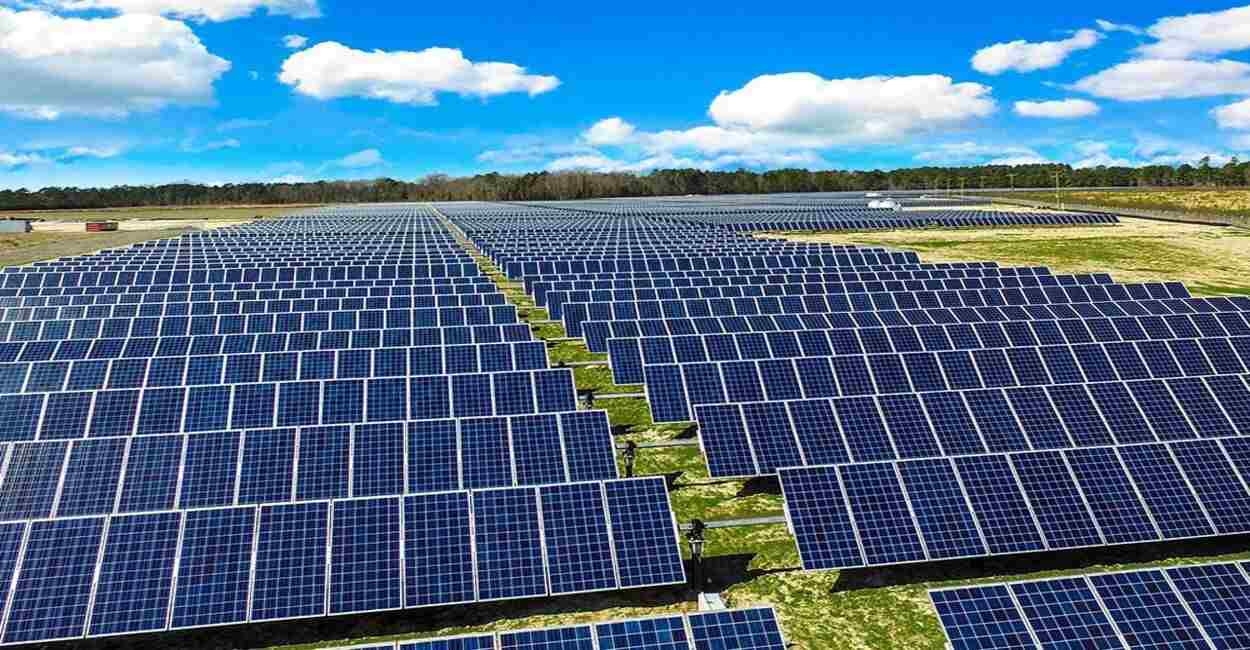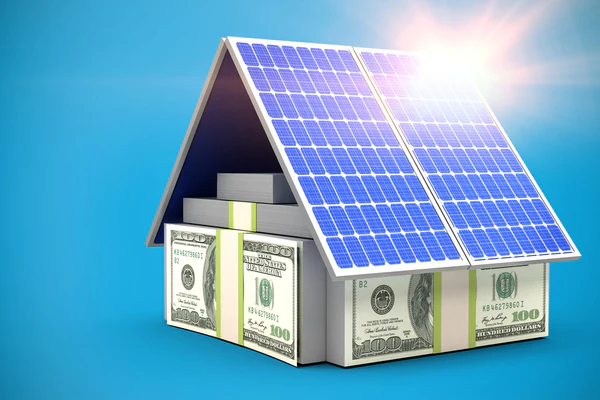Simply Solar Illinois – Personalized Solar Solutions for Any Budget
How Solar Power Can Aid You Save Money and Reduce Your Carbon Footprint
The integration of solar power into your energy profile provides a compelling chance for both monetary savings and environmental stewardship. By utilizing the sun's energy, house owners can dramatically minimize their regular monthly utility expenses while likewise protecting against the changability of future power expenses. The shift to solar adds to a marked reduction in carbon emissions, straightening individual finance with more comprehensive environmental goals. As numerous federal government rewards become readily available, the concern arises: exactly how can one successfully navigate the first investments and recurring advantages of solar modern technology to optimize both economic and ecological gains?
Recognizing Solar Power Cost Savings
While the transition to solar power often includes a preliminary investment, comprehending solar energy savings is important for home owners and companies alike. Solar power systems can significantly minimize power bills by utilizing the sun's energy, converting right into substantial long-term monetary advantages. By creating their own power, customers lessen dependence on grid power, which undergoes rising and fall prices. These cost savings can build up gradually, usually leading to a rapid roi.
Moreover, solar power systems might receive different financial incentives, consisting of tax obligation credit scores and discounts, additionally improving their cost-effectiveness. The schedule of internet metering enables individuals to sell excess power back to the grid, developing an added income stream. These aspects add to the total savings related to solar energy.

Along with direct monetary savings, solar power offers the added benefit of increasing home value. Houses geared up with solar panels are commonly a lot more appealing to purchasers, as they guarantee reduced energy prices - Simply Solar Illinois. Recognizing these components is crucial for any person taking into consideration solar power, as it highlights not just the potential economic gains, yet likewise the wider environmental and economic benefits of adopting renewable resource options
Preliminary Costs vs. Long-Term Advantages
When evaluating solar energy, it is essential to evaluate the initial expenses versus the long-term advantages. The in advance investment for photovoltaic panels, setup, and relevant tools can be considerable, frequently varying from $15,000 to $30,000, depending upon the system size and home energy needs. This initial expense might hinder some home owners; nonetheless, it is vital to consider the possible cost savings with time.
When mounted, solar energy systems can significantly lower or perhaps remove regular monthly electricity bills, bring about considerable lasting financial advantages. Studies indicate that property owners can conserve anywhere from $10,000 to $30,000 over the life expectancy of their solar system, commonly 25 years. Additionally, lots of states offer motivations, tax obligation credit reports, and rebates that can balance out first costs, making solar a lot more easily accessible.

Lowering Your Carbon Footprint
Minimizing your carbon impact is a critical factor to consider in today's ecologically aware culture, and embracing solar energy is one of the most reliable methods to accomplish this goal. Solar power is a clean, renewable source that considerably lessens dependence on fossil fuels, which are major factors to greenhouse gas emissions.

Furthermore, the widespread fostering of solar innovation motivates the growth check this site out of eco-friendly work and sustains he said technologies in energy storage space and efficiency. The even more individuals and organizations buy solar energy, the higher the collective decrease in carbon emissions, promoting a cleaner ambience for future generations.
Government Motivations and Refunds
Taking on solar power not only profits the environment yet can also cause substantial financial cost savings, specifically with the accessibility of federal government incentives and refunds. Numerous federal, state, and regional programs are created to encourage home owners and services to buy solar power systems, making the change a lot more economical.
Among one of the most popular incentives is the Federal Financial Investment Tax Obligation Credit Score (ITC), which allows solar system proprietors to deduct a considerable portion of the setup costs from their federal taxes. This motivation has actually been critical in lowering the upfront expenditures linked with solar power systems. Additionally, many states provide their own tax credit scores, grants, and refunds that can even more improve cost savings.
Moreover, some neighborhood federal governments give real estate tax exceptions for solar installments, guaranteeing that home owners do not face increased real estate tax as a result of their renewable resource financial investments. Energy business may additionally supply rewards, including net metering and feed-in tariffs, which permit solar power individuals to sell excess power back to the grid.
Picking the Right Planetary System
Choosing the suitable solar system is crucial for making the most of power effectiveness and financial benefits. The choice rests on numerous aspects, read more including power needs, budget, and readily available area. Homeowners need to begin by analyzing their electrical energy usage to figure out the system size needed for optimal efficiency.
Next, think about the different sorts of solar innovations available. Simply Solar Illinois. Solar (PV) panels are the most typical, converting sunlight straight into power, while solar thermal systems concentrate on home heating water. Each type has distinct advantages relying on individual demands
Budget considerations are additionally vital. Initial setup prices can vary substantially, so it's essential to compare quotes from numerous companies and discover financing choices. Federal government motivations and rebates can further decrease the economic worry, making solar systems much more obtainable.
Conclusion
In summary, solar energy offers a practical option for attaining substantial price financial savings while simultaneously reducing carbon discharges. The first financial investment, though significant, returns considerable long-lasting monetary advantages, with prospective savings varying from $10,000 to $30,000 over 25 years. In addition, the ecological benefits of solar power add to lasting techniques crucial for combating climate modification. Government motivations boost the usefulness of solar modern technology fostering, motivating a shift towards a cleaner, much more economically efficient power resource.